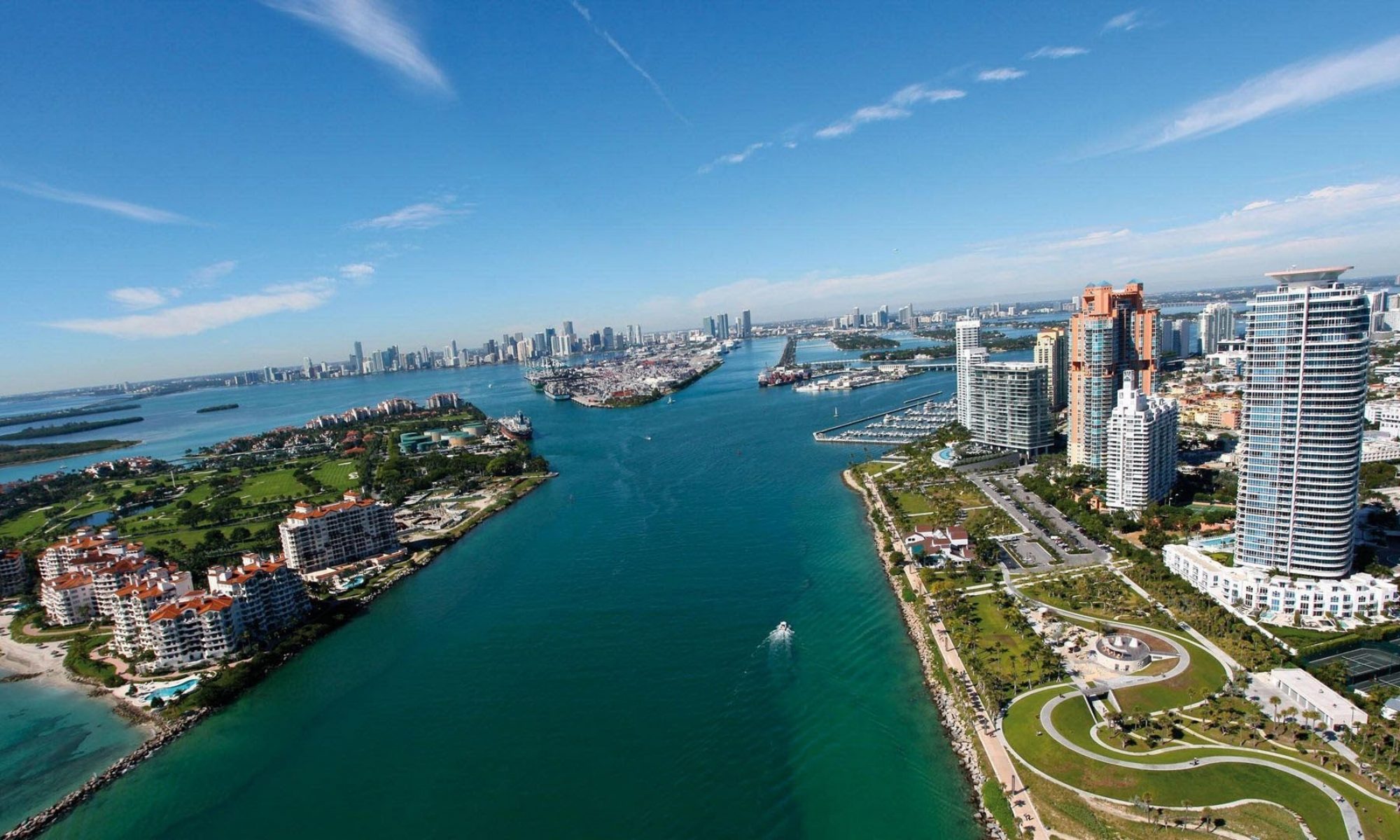Growth in real estate transaction volume over the past eighteen months has slowed despite solid and consistent growth until recently. Over the next six months, CBRE, an American commercial real estate company, expects a modest improvement in the climate due to policy uncertainty around the world, tighter financial conditions in the United States, and Real Estate pricing.
Policy making greatly shapes the freedom investors have in the global market place. Policy uncertainty in the world, indicated by the Global Economic Policy Uncertainty Index reached record highs in early 2017. The index is based upon a blend of tax code provisions set to expire in certain countries, newspaper coverage on policy creation and divergence in economic forecasts. Most recently, Brexit has been attributed to the large spike in the indicator. Brexit is another movement thought to be part of a concurrent theme of a strong anti-globalization stance world players are taking. This anti-globalization movement can be described as the populist’s distrust in existing government. One growing concern for investors is that this movement may be attributed to a loss in confidence, which is the base of capital flows. Spectators say that the effects of Brexit will be felt slowly and that President Trump has pursued a much less aggressive agenda than he advocated for on the campaign trail. In the European realm, there has been a shift to a more centrist, pro-globalization political party, and although we are long from stable policies in place, the fewer amount of significant elections should help global investors. In general, elections are often used to determine the future of a nation’s policy making and financial conditions.
After the elections earlier this year and towards the end of last year, tighter financial conditions in the United States have been researched by the Chicago Feds Adjusted National Financial Conditions Index (ANFCI) and show that conditions were tighter than average in 2015 and 2016 following a long period without difficulty. Additionally, a strengthening currency, rising bond rates, and shrewd actions by Fed all play a part. Each of these indicators are popular indicators in forecasting the United States Economy. These financial conditions will ease their way in activity due to the lag of the impact on the real economy. This will offer investors a reason for confidence for the remainder of this fiscal year. Another indicator, the Bloomberg United States and Eurozone Financial Conditions Indexes, is yielding towards a two-year high, revealing financial conditions that support investment market. Finally, CBRE’s Ahead of the Curve, merger and acquisition activity, which is an indicator for commercial real estate proved to be stronger Q1 of 2017 compared to Q1 2016.
Real Estate pricing has also been a big factor in today’s global market. Capitalization rates in the global market are at their lowest since 1990. Capitalization rates or cap rates are a financial metric used to measure comparisons in different real estate investments by dividing the net operating income (NOI) by the listed price of the property. After Q1, average global cap rates are 4.3% for office, 3.9% for retail and 5.3% for industrial and logistics real estate. Although these rates are designated to the highest grades of real estate investment, they are suggestive of how attractive real estate is to global investors currently, with very few sellers in the market. This challenge is not expected to ease with global growth expecting to pick up.
In conclusion, CBRE is hopeful for another strong year in global real estate capital flows as challenges become stabilized but 2017 is doubtful to eclipse 2016 numbers. ‘We at Integrale Advisors appreciate the forecast by CBRE and appreciate the opportunity of working with them sourcing potential investments’ –Keith Knutsson.
